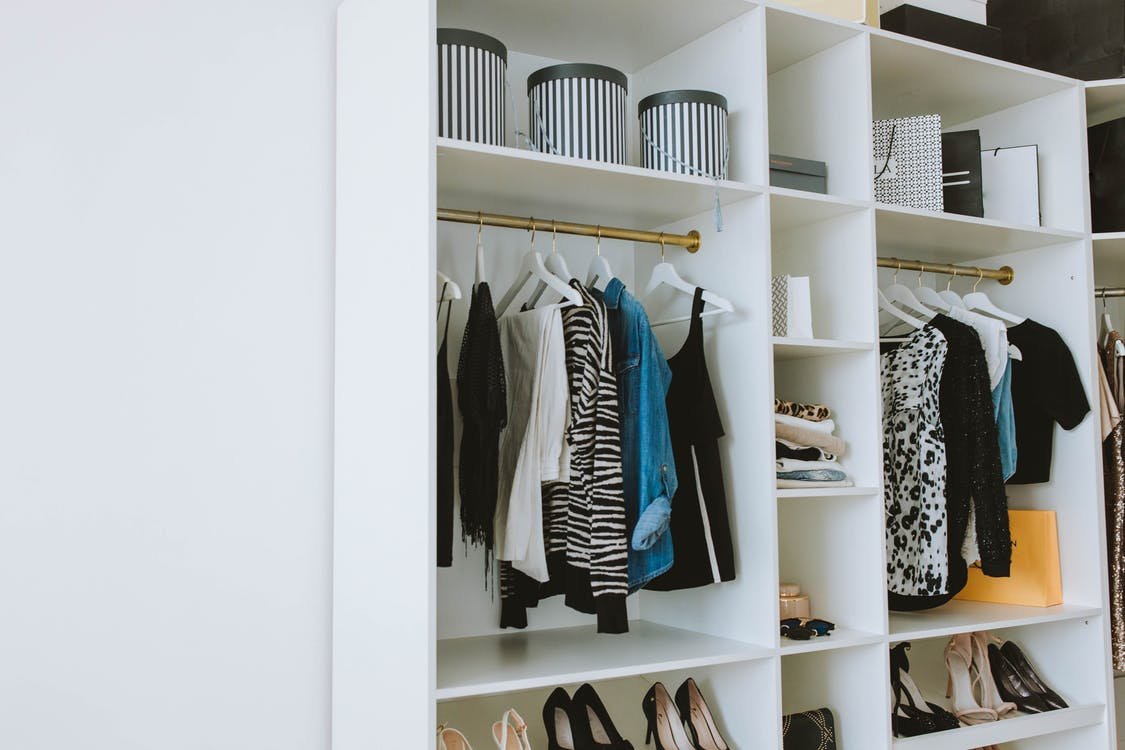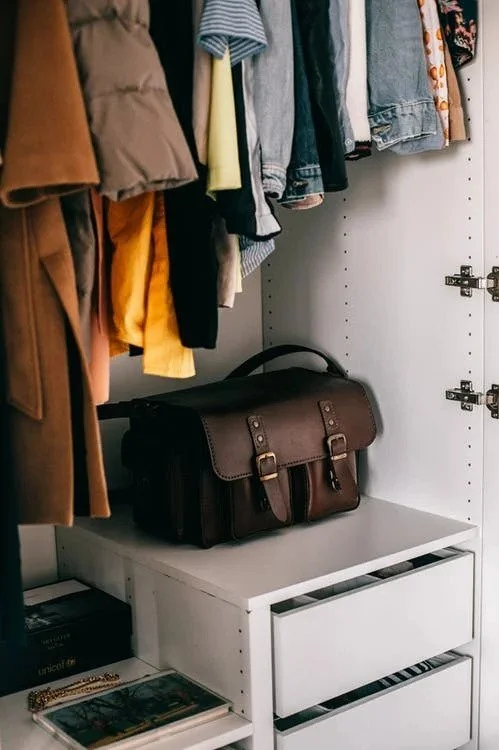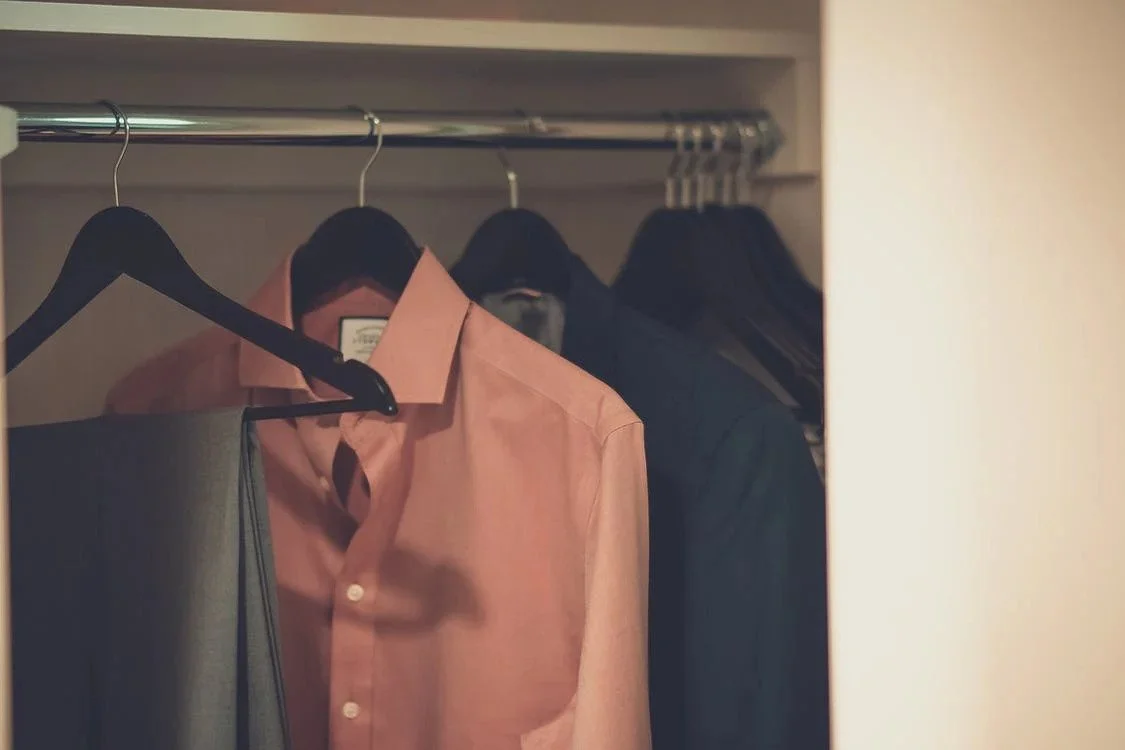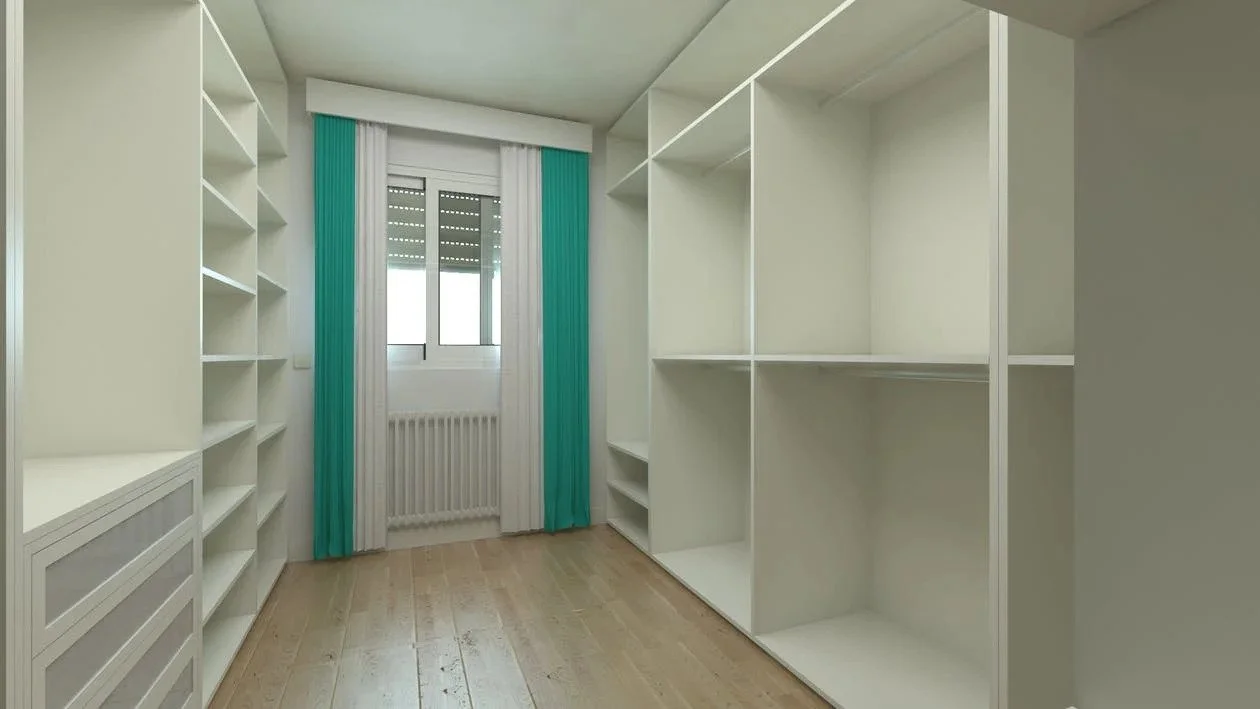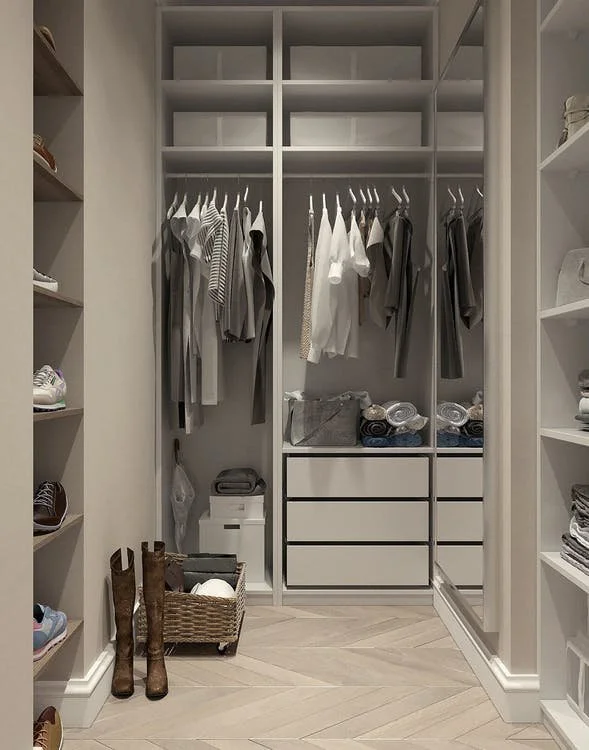Essential Things You Need to Consider When Choosing a Wardrobe
RH Business Marketing Solutions
Wardrobes are important elements in every bedroom. They’re usually large and very visible, so they have to fit your style but also be functional. Finding just the right piece can be tricky. Here’s what you need to keep in mind.
Storage space
The best way to make sense of various wardrobe configurations is to imagine what will go into them. For instance, someone who owns a lot of accessories will want many drawers to sort everything. A person who wears lots of formal outfits will need ample hanging space.
Last but not least, account for the measurements of the wardrobe itself. Deeper shelves and higher clothing rods provide more space overall, but they can turn out to be quite inaccessible. Balance total storage capacity with everyday ease of use.
The wardrobe type
Once you have an idea of the intended use, you’ll have an easier time choosing a type. Typically, wardrobes are categorized as either free-standing or built-in. Built-in types usually come with the home and there’s little you can do to them. If you want to revamp the look, you could repaint or try some other DIY project. If you need to rearrange the storage, you might remove the clothing rod or add some baskets or install sliding shelves. Not much else.
The free-standing types are convenient because they can be moved around between rooms and homes. They also usually feature a larger number of compartments. As a downside, they can get fairly bulky. They are also bound to take up far more floor space.
As a sort of middle-ground, you could opt for a custom-built one. Take your time to find a certified expert who specializes in the type of furniture you want. It’s also a good idea to search for someone who is familiar with the local market. For example, a modern Australian couple might want an expert in sliding wardrobes from Sydney, while their grandparents’ Riverina home would benefit from looking for furniture builders in Griffith. Custom wardrobes take time to build, but you get absolute freedom in arranging the storage and dictating aesthetics.
The measurements of the room
Before you go furniture shopping, get an idea of what can fit. First, measure the floor space that you have available. Next, check how high your ceiling is. If your new wardrobe is meant to lean against a wall, you also need to measure available wall space. No electrical sockets or switches should be covered.
Following that, measure the space between the wardrobe’s position and the rest of the furniture. You have to be able to comfortably move around and carry things through. The new unit also mustn't block any source of light, e.g. windows or built-in lamps.
Finally, account for the space that will be taken up by opening and closing doors, if you decide on a model with hinged ones. Make sure there’s enough room for the doors to swing open comfortably, without bumping other furniture or your own nose or toes.
Style
The new wardrobe should match the style of other bedroom furniture. You can even streamline it with your overall interior motifs.
Ornate rooms could do with decorative, vintage-looking wardrobe doors, maybe something carved. Sleek city homes might look better featuring an open-closet style with no doors or just minimalist glass panes. Consider factors like color palettes, detailing, and finishes.
A new wardrobe is a long-term investment. Measure accurately, be smart with storage options, and choose the best functional type to get the most value for your money.
Guest Contributor: Diana Smith
